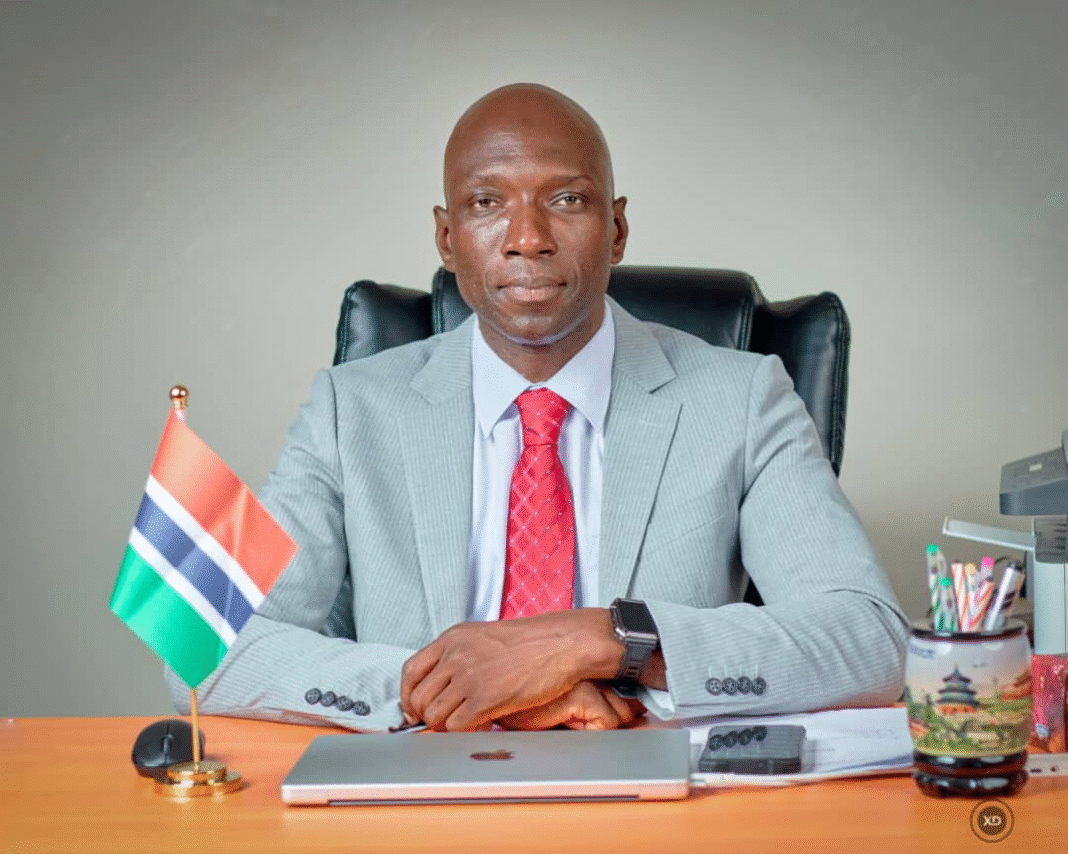Despite the unusual rains a few days ago, the rainy season is now over in The Gambia. This normally signifies the end of the major traditional farming season. But November also marks the start of another major agricultural season: vegetable production. From Kombo to Kartong, vegetable gardens are being cleared, seeds sown, and nursery beds transplanted. When it comes to vegetable growing, women play the leading role in this kind of agriculture.
However, this is an agricultural activity that receives almost no attention from the government. When one hears about the Gambian Ministry of Agriculture implementing programs for farmers, it often covers only the provision of fertilizers, a small quantity of rice seeds, and the purchase of groundnuts. Almost no thought is given to vegetable gardeners, most of whom are women. The only assistance or attention these gardens receive is through philanthropic groups and donor projects.
This lack of attention to women-powered vegetable gardens is a major oversight and a sign of poor leadership. Paying proper attention to the horticultural sub-sector would address numerous problems, such as food security, employment generation, and business creation, among others.
The range of vegetables grown in gardens is huge. These are important components of our diet because they are locally grown and unprocessed, contributing to the quality of our diet. After all, vegetables play an important part not only in calories but also in disease prevention.
Horticultural activity is income-generating because of its high returns even on small parcels of land. Indeed, what an individual can earn from the cultivation of onions in a plot of land of size 20 meters by 20 meters is more than what a Gambian farmer earns from a hectare of groundnuts.
Without increased productivity in horticulture, there would be no hope for agro-processing, which we will need for economic transformation. The country has the potential to be engaged in the processing of a range of vegetables and fruits. Yet, it would be hard for this sub-sector to take off without the right set of attention to the horticultural sub-sector.
We still import a large number of vegetables that we can grow in the country. One still sees tonnes of onions being imported into the country. Yet we can produce all the onions we consume from our vegetable gardens. This high importation of onions contributes to our trade deficits and weakens our currency, which increases the cost of other imported items.
Despite the importance of vegetable production and the large number of people engaged in it, farmers face a long list of problems. Many gardens do not have good access to water for irrigation. There are still lots of villages where the women depend on wells instead of solar-powered pumps. Many gardens have broken-down fences, which allow animals to destroy vegetables. In many villages, women are forced to stand guard at their gardens on watch from dawn to dusk. Virtually none of the gardens have functioning cold storage to minimize post-harvest losses. And only a few of the vegetable gardens have extension workers.
This state of affairs cannot continue. Gambians must come together and effect a change. But the change should not stop at just removing Adama Barrow in December 2026. We must replace him with new and capable leadership that understands the country’s problems.


